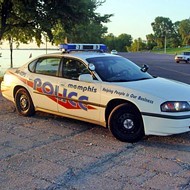Malone Park Commons (MPC) units will be move-in ready next month, and local leaders say they bring a needed housing product to Downtown and the Medical District.
MPC housing development is currently accepting applications. The development will include 35 units with a mix of building types that were common prior to World War II.
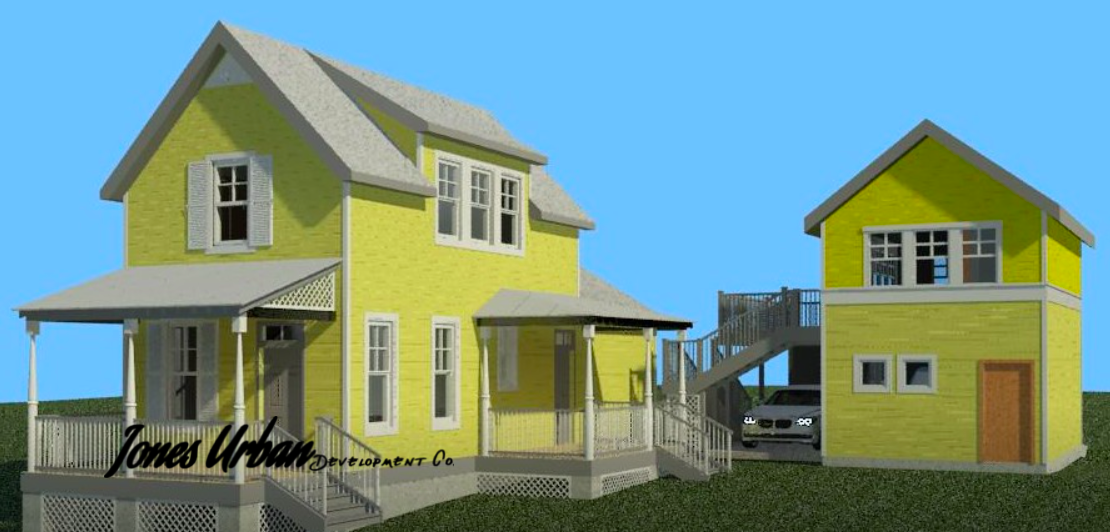
Phase one of the project has 11 small cottages that share a courtyard. The cottages will range from 330 to 1,100 square feet and will have luxury amenities like red oak hardwood floors and large front porches.
“Many architects and builders today focus on materials and methods to promote sustainability. We believe beauty is just as, if not more important, as sustainability,” says developer Andre Jones of Jones Urban Development. “Simple, beautiful, flexible buildings that encourage human activity and interaction will be loved and repurposed for years to come. This was our vision for Malone Park Commons.” Jones Urban Development bought the land in Uptown from the Community Redevelopment Agency.
“2021 marks the 99th anniversary of zoning in Memphis, and for most of that time the zoning code promoted low-density suburban development while discouraging the kinds of places that make cities special. That changed with the adoption of the Unified Development Code (UDC) in 2010,” says Josh Whitehead, zoning administrator for Memphis and Shelby County Division of Planning and Development. “Malone Park Commons is one of the clearest manifestations of one of the UDC’s primary goals: to promote innovate urban infill that blends in with the existing built environment.”
Financial incentives for this project were made possible by the Downtown Memphis Commission (DMC). Financial Federal Bank has been a strong advocate for emerging developers and traditional, walkable neighborhood development. The Jones Urban plan is part of a larger revitalization in the area, with recent and planned investments in Uptown, St. Jude, The Pinch, and the Renasant Convention Center.
“Malone Park Commons is the type of project the DMC loves to support, one built with inclusivity and equity at the core,” says Brett Roler, vice president of planning and development for the Downtown Memphis Commission. “The project is being built in a key Downtown neighborhood by an emerging developer, who is building a new housing capacity in the same neighborhood where he lives.”
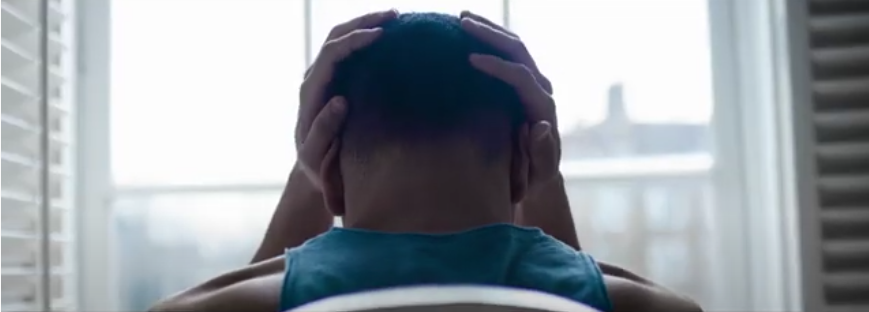
 Tyler Merbler | Wikimedia | Creative Commons
Tyler Merbler | Wikimedia | Creative Commons  Kendra Lee, The Equity Alliance
Kendra Lee, The Equity Alliance
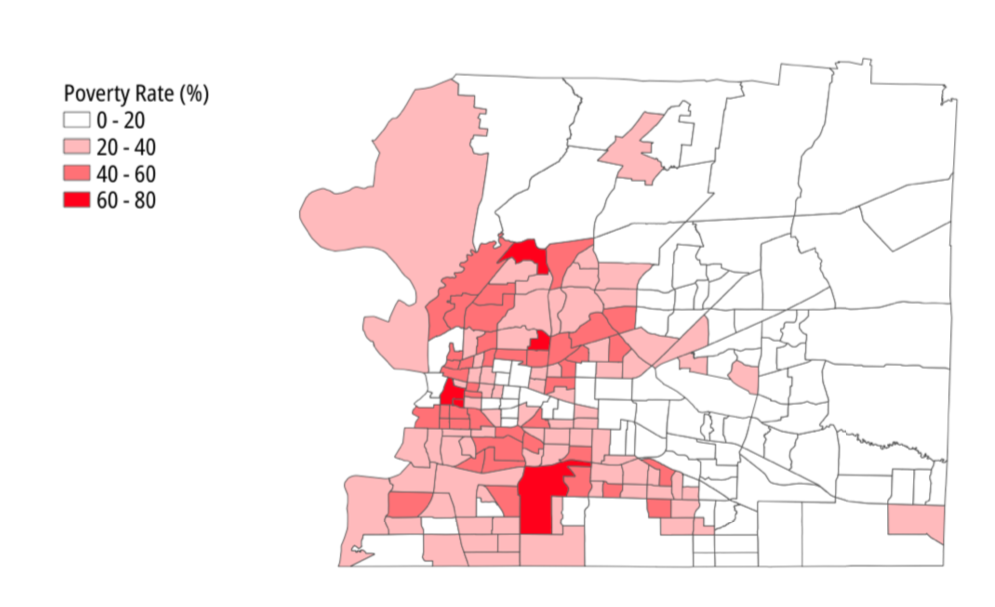 Memphis Poverty Fact Sheet 2020
Memphis Poverty Fact Sheet 2020 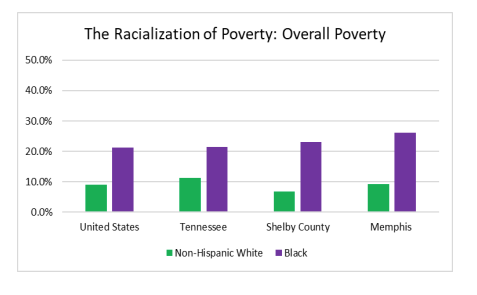 Memphis Poverty Fact Sheet Graph
Memphis Poverty Fact Sheet Graph 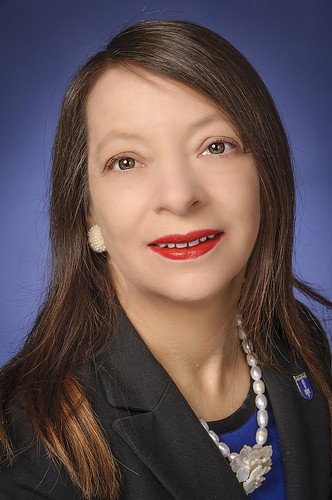 U of M
U of M 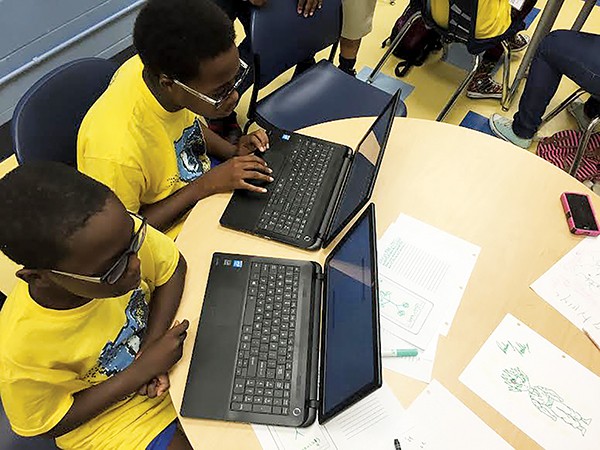 Courtesy of CodeCrew
Courtesy of CodeCrew  OUTMemphis
OUTMemphis
 OUTMemphis
OUTMemphis 
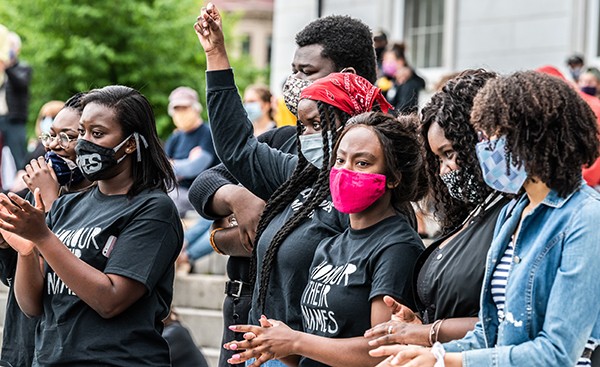 Dmcdesign | Dreamstime.com
Dmcdesign | Dreamstime.com 